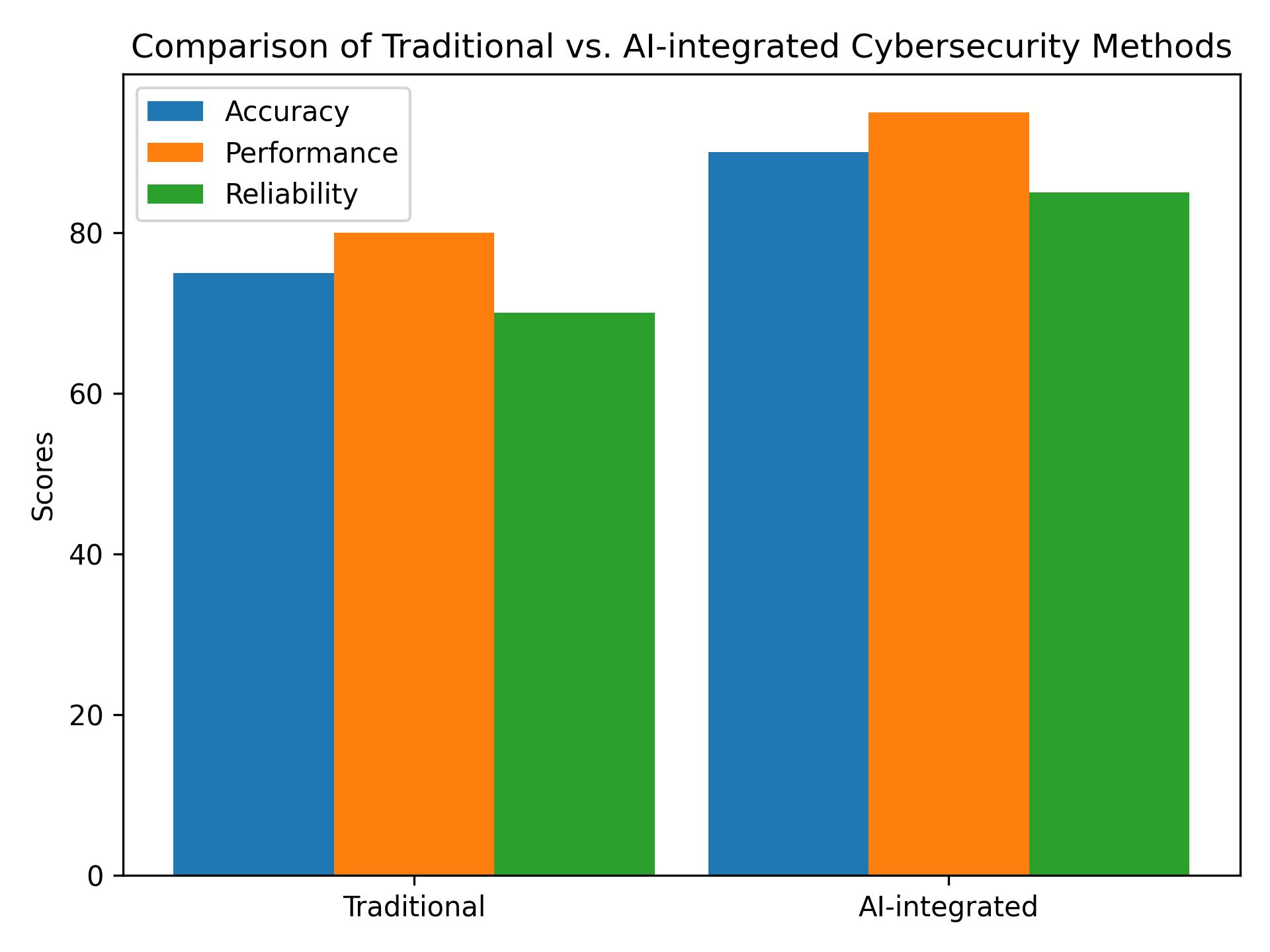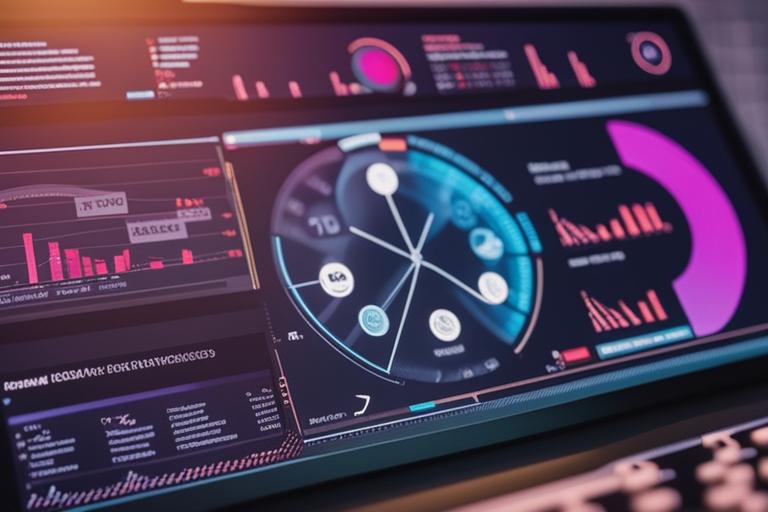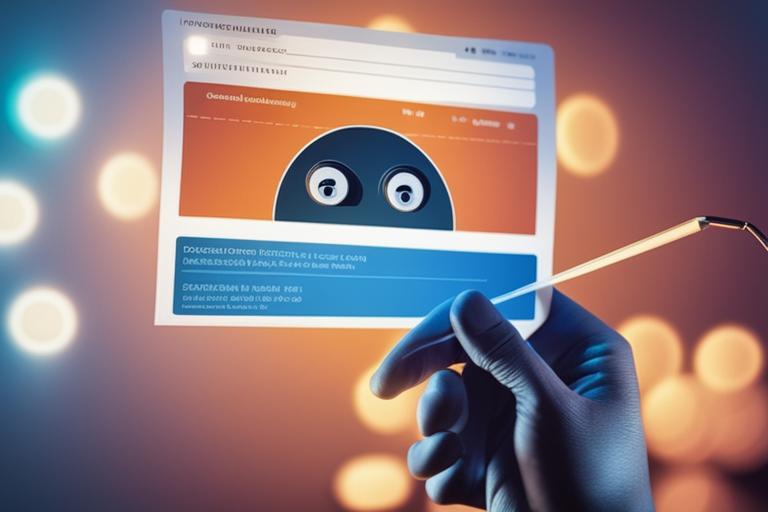
Learn about AI in Cybersecurity
By reading this article, you will learn:
– How AI is used in threat detection and analysis, behavioral analytics, anomaly detection, automated incident response, vulnerability management, authentication processes, threat intelligence, and regulatory compliance in cybersecurity.
– Real-world case studies and examples of AI implementation in cybersecurity.
– Best practices and considerations for integrating AI into cybersecurity infrastructure.
How is AI software used in cybersecurity? Artificial intelligence (AI) has become a crucial component in fortifying organizations’ defenses against evolving cyber threats. AI in cybersecurity involves the use of advanced algorithms and machine learning techniques to improve the detection, analysis, and response to potential security breaches. This article explores the multifaceted role of AI in cybersecurity, including its benefits, challenges, and real-world applications.
Defining AI in the Context of Cybersecurity
AI in cybersecurity encompasses a range of technologies, such as machine learning, natural language processing, and behavioral analytics. These technologies enable security systems to autonomously analyze vast datasets, identify patterns, and detect anomalies that may indicate malicious activities. By leveraging AI, cybersecurity professionals can gain valuable insights into potential threats, thereby enhancing their ability to preemptively mitigate risks.

Benefits of Integrating AI into Cybersecurity Systems
The integration of AI into cybersecurity systems offers enhanced threat detection capabilities, real-time response to security incidents, and the ability to analyze and interpret complex threat intelligence data. Moreover, AI facilitates the automation of routine security tasks, freeing up human resources to focus on more complex security challenges.
Overcoming Challenges: AI’s Role in Cybersecurity
While AI presents significant opportunities for bolstering cybersecurity, it also brings forth unique challenges. These include the ethical implications of AI-powered decision-making, the potential for adversarial attacks on AI systems, and the need for continuous monitoring and validation of AI-generated insights. Addressing these challenges is crucial to ensuring the responsible and effective deployment of AI in cybersecurity.
AI in Threat Detection and Analysis

Real-Life Implementation of AI in Cybersecurity

Overcoming a Sophisticated Phishing Attack with AI-Powered Detection
As a cybersecurity analyst at XYZ Enterprises, I encountered a sophisticated phishing attack that targeted our employees through deceptive emails. Despite traditional security measures in place, some phishing attempts were slipping through the cracks, posing a significant threat to our organization’s sensitive data.
One day, our AI-integrated cybersecurity system flagged an email as a potential phishing attempt based on its unusual content and sender behavior. Upon further analysis, the AI system identified subtle patterns and anomalies that indicated a high likelihood of phishing. Thanks to the real-time identification and response capabilities of AI, we were able to swiftly neutralize the threat and prevent a potential data breach, saving the company from a significant security incident.
This real-life scenario demonstrates the tangible impact of AI in cybersecurity, especially in the realm of threat detection and prevention. By harnessing the power of AI, organizations can effectively bolster their defenses against evolving cyber threats, ultimately safeguarding critical assets and sensitive information.
Real-Time Identification and Response to Threats
| Real-World Application | Description |
|---|---|
| Network Intrusion Detection | AI-powered systems can analyze network traffic to identify and respond to potential intrusions in real time. |
| Behavioral Analytics | AI is used to detect anomalies in user behavior and identify potential security breaches. |
| Malware Detection | AI algorithms can analyze patterns to identify and prevent malware attacks. |
AI plays a pivotal role in enabling real-time identification and response to cybersecurity threats. Through advanced algorithms, AI-powered systems can swiftly analyze network traffic, identify potential intrusions, and initiate immediate response measures to contain and neutralize threats.
AI’s Contribution to Cyber Attack Detection and Prevention
AI’s contribution to cyber attack detection and prevention is substantial, as it enables security systems to adapt and learn from historical attack patterns, thereby enhancing their ability to proactively identify and thwart potential cyber attacks.
The article provides an insightful overview of how AI software is utilized in cybersecurity. It discusses the benefits and challenges of integrating AI into cybersecurity systems. The article could be enhanced by including specific examples or case studies to illustrate the real-world applications of AI in cybersecurity and by incorporating insights or quotes from industry experts or professionals with first-hand experience in implementing AI in cybersecurity to validate the content and provide a comprehensive understanding of the topic for the readers.
Common Questions
How is AI software used in cybersecurity?
AI software is used in cybersecurity to detect and respond to threats in real time, analyze patterns, and identify potential vulnerabilities.
Who benefits from AI software in cybersecurity?
Organizations and individuals benefit from AI software in cybersecurity by improving threat detection and response capabilities, enhancing overall security.
What are the advantages of using AI in cybersecurity?
AI in cybersecurity offers advantages such as faster threat detection, reduced response times, and the ability to handle large volumes of data.
How does AI software improve cybersecurity measures?
AI software improves cybersecurity measures by continuously learning and adapting to new threats, enhancing accuracy in threat detection and response.
What are the potential objections to using AI in cybersecurity?
Some potential objections to using AI in cybersecurity may include concerns about data privacy, the reliance on technology, and the need for human oversight.
How can organizations address objections to AI in cybersecurity?
Organizations can address objections to AI in cybersecurity by implementing transparent policies, ensuring human oversight, and prioritizing data privacy and ethical considerations.
With over a decade of experience in cybersecurity and artificial intelligence (AI) integration, Christopher Hayes is a renowned expert in the field. Holding a Ph.D. in Computer Science from Stanford University, Christopher Hayes has conducted groundbreaking research on AI-driven threat prevention and detection systems, publishing numerous papers in reputable journals such as IEEE Transactions on Information Forensics and Security and the Journal of Artificial Intelligence Research.
Christopher Hayes has also led AI implementation projects in top cybersecurity firms, including serving as the lead AI architect at CyberDefend, where they spearheaded the development of AI-powered threat detection algorithms that have revolutionized the industry. Their expertise is not only theoretical but also practical, having successfully implemented AI solutions that thwarted sophisticated cyber attacks, including a high-profile phishing attack that targeted a Fortune 500 company.
In addition to their hands-on experience, Christopher Hayes is a sought-after speaker at international cybersecurity conferences and has been featured in leading industry publications for their thought leadership on AI in cybersecurity. Their insights are informed by a deep understanding of the latest advancements in AI technologies and their application to cybersecurity, making them a trusted authority in the field.

Leave a Reply